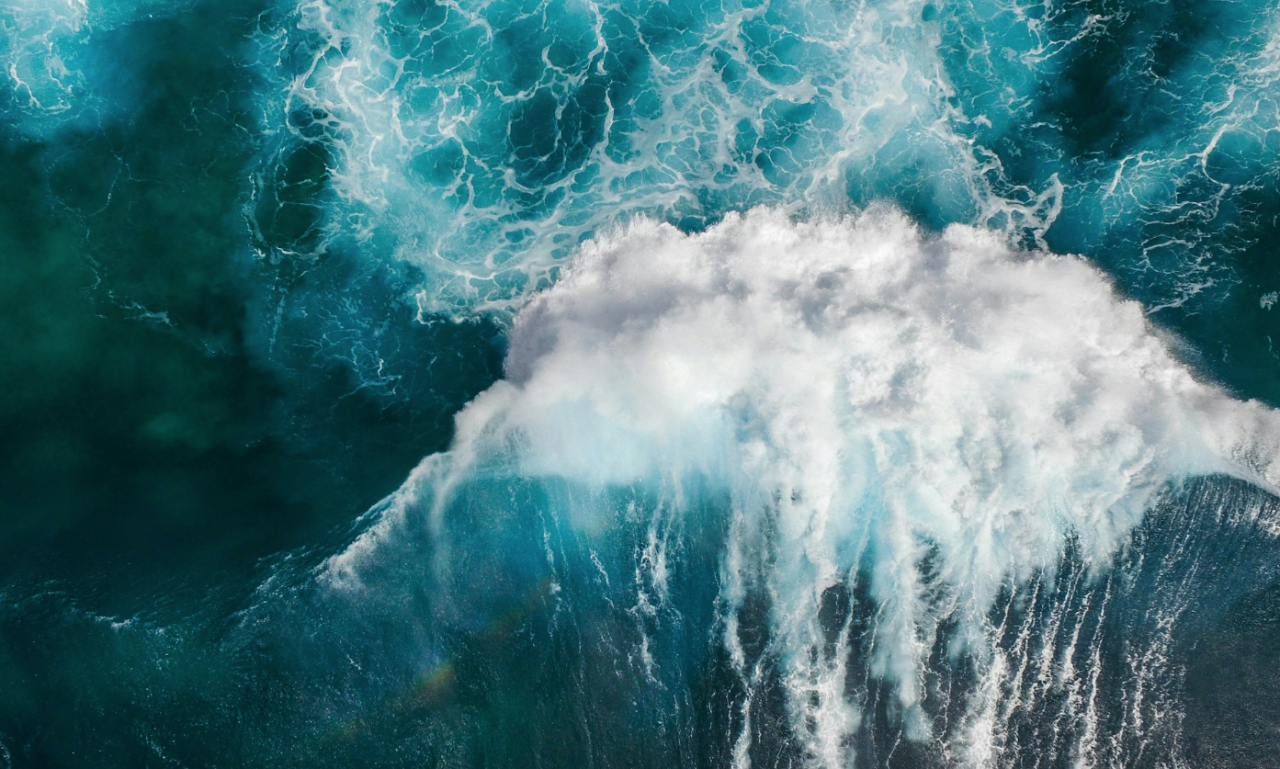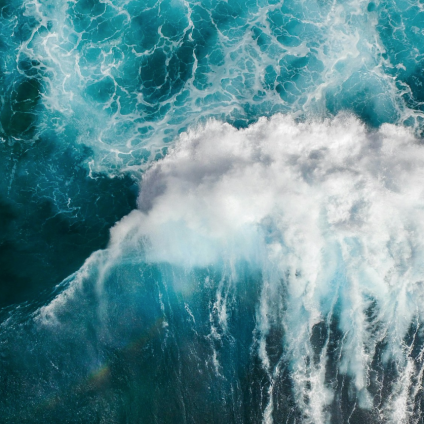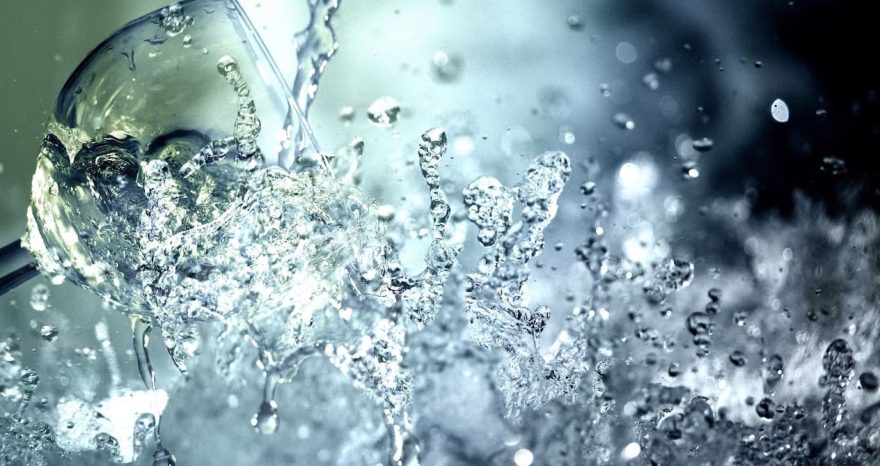The Institute of Mechanical Intelligence of the Scuola Sant’Anna in Pisa participates in the European project. Objective: create an intelligent and scalable system for the production of marine energy

Energy from ocean Waves, new modular and smart design
Create an intelligent, scalable system that adapts to changing marine conditions, continuing to operate even if a part of the system fails. This is the mission of the research project “MODULAR ELECTRICAL GENERATOR PTO SYSTEM FOR WAVE – MEGA PTO WAVE”, a European initiative dedicated to the use of energy from ocean waves.
Selected for Horizon funding, MEGA PTO Wave brings together expertise from seven European countries intending to create a PTO generator connected to sustainable supply chains and capable of accelerating the commercialization of wave-motion energy. The consortium also includes two Italian companies: Cheros Srl and the Institute of Mechanical Intelligence of the Scuola Sant’Anna in Pisa. And it is the latter to make the initiative better known by telling the company officially started in May 2024.
The objectives of MEGA PTO Wave
The partners will have 48 months to develop a system capable of capturing large amounts of energy from ocean waves in a predictable, cost-effective and sustainable manner.
In detail, MEGA PTO Wave will develop a scalable system capable of adapting to different installation sites and, therefore, to different marine conditions. “The solution that gives these features uses modular machines combined with magnetic gears and incorporates adaptable electrical and electronic power technologies,” the press release reads. “This modularity, combined with the design of advanced control systems based on Artificial Intelligence techniques, will give rise to a robust system, easy to produce, transport, install, maintain, remove and recycle compared to current alternatives.”
also read The US targets wave energy and installs the country’s first wave unit in Los Angeles
One of the identifying elements of the project will be, in fact, its ability to continue to function even in case of partial failure. In this context, the research group led by Marco Fontana of the Pisan Institute will adapt to the system a series of intelligent mechanisms, structures and materials developed in the field of marine energy and able to combine efficiency, lightness, flexibility and adaptability. It will also design the control system, using optimization and machine learning techniques to maximize production and reduce the chances of system failure.
Technologies of this kind are essential in helping Europe (and not only) decarbonize the energy system by 2050. That is why the EU has set the achievement of an operating capacity of 40 GW of ocean energy by the same date. Today, Italy is preparing to support them with Decree RES 2, in which a quota of 200 MW is dedicated to supporting offshore renewables (excluding wind power).












